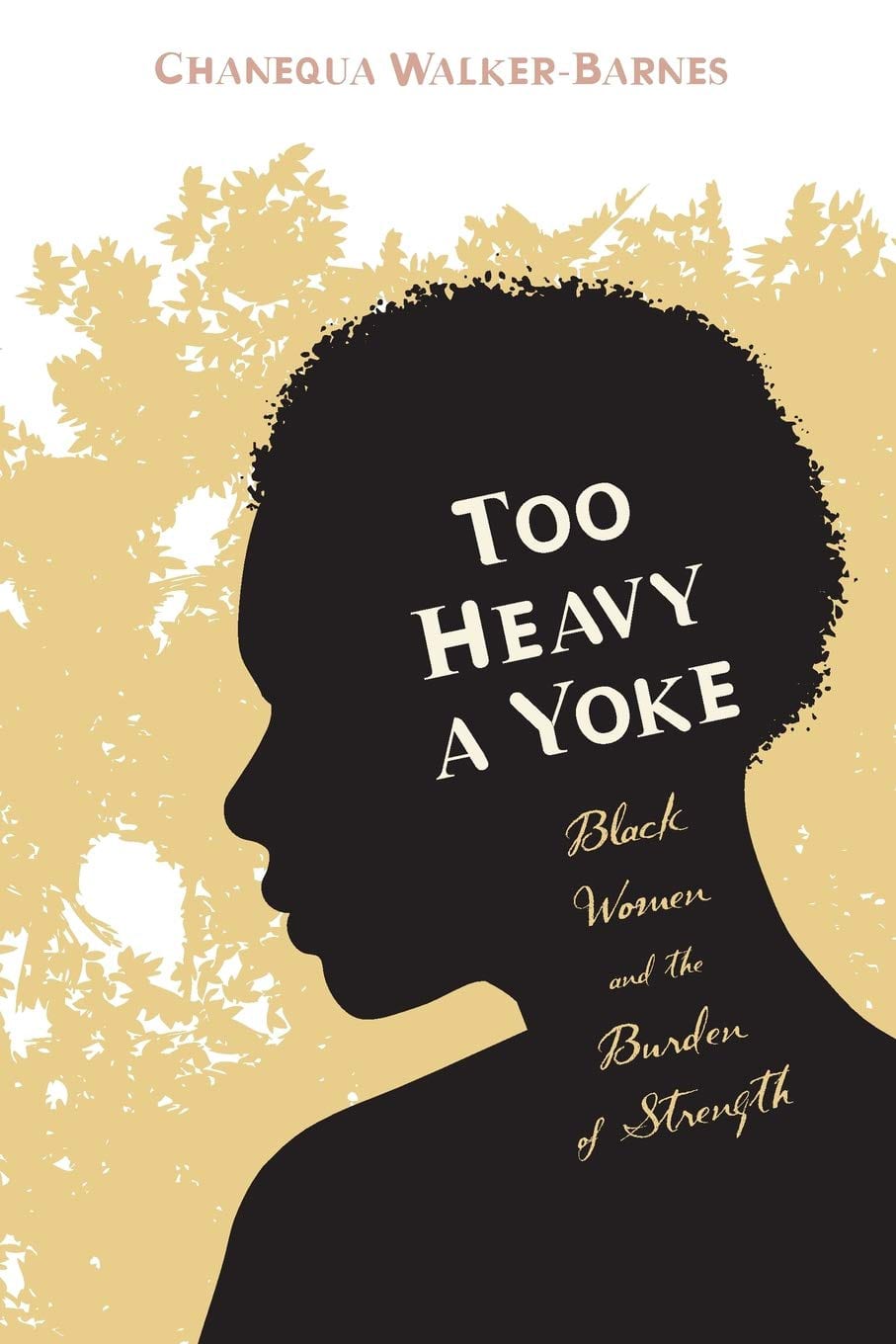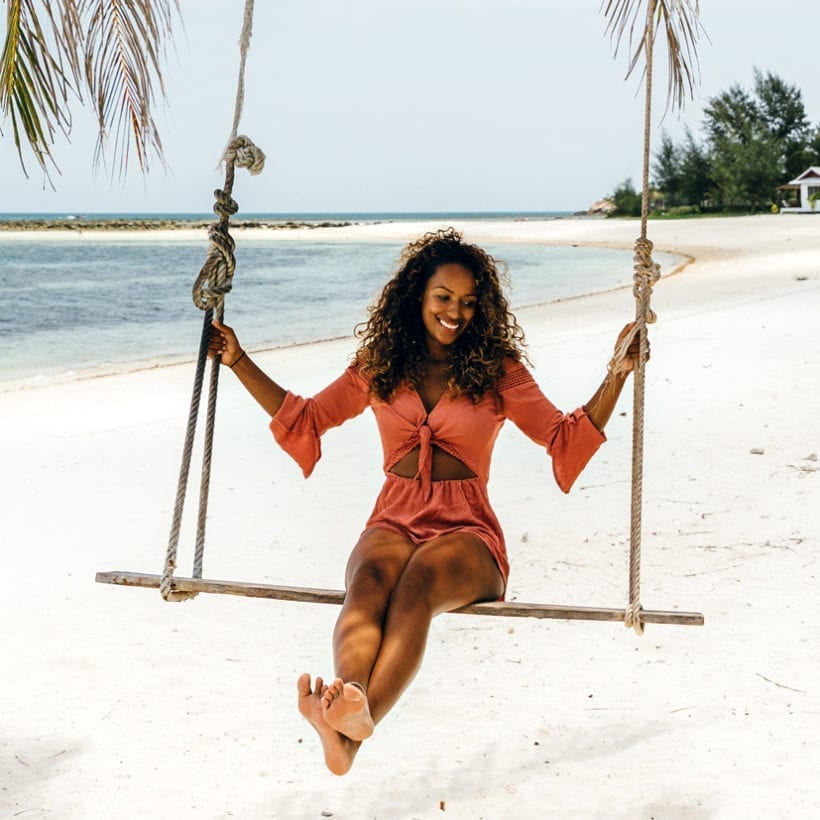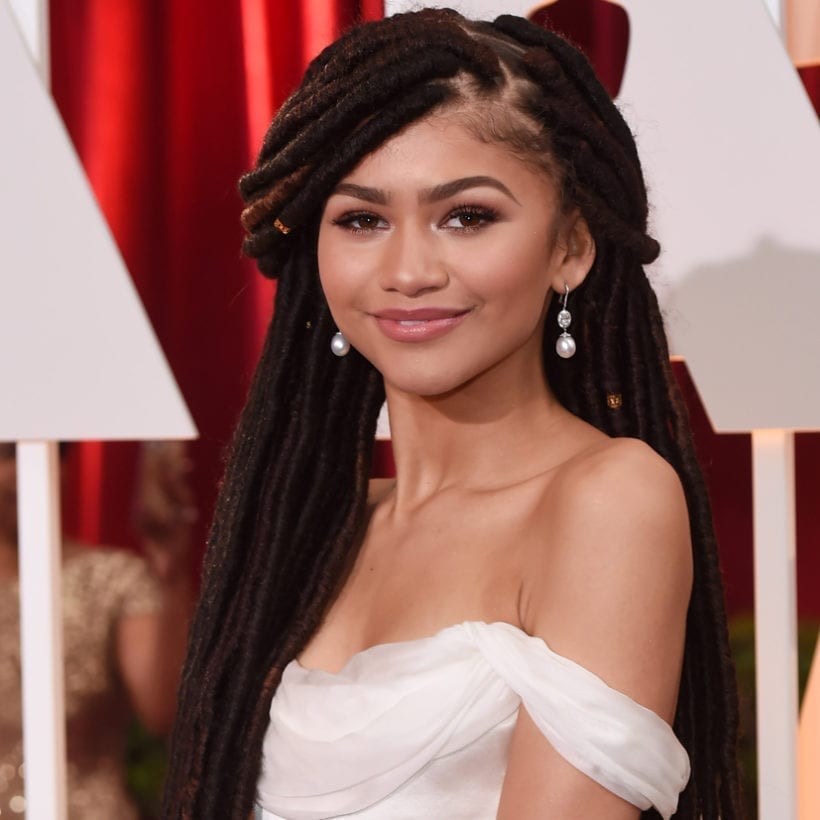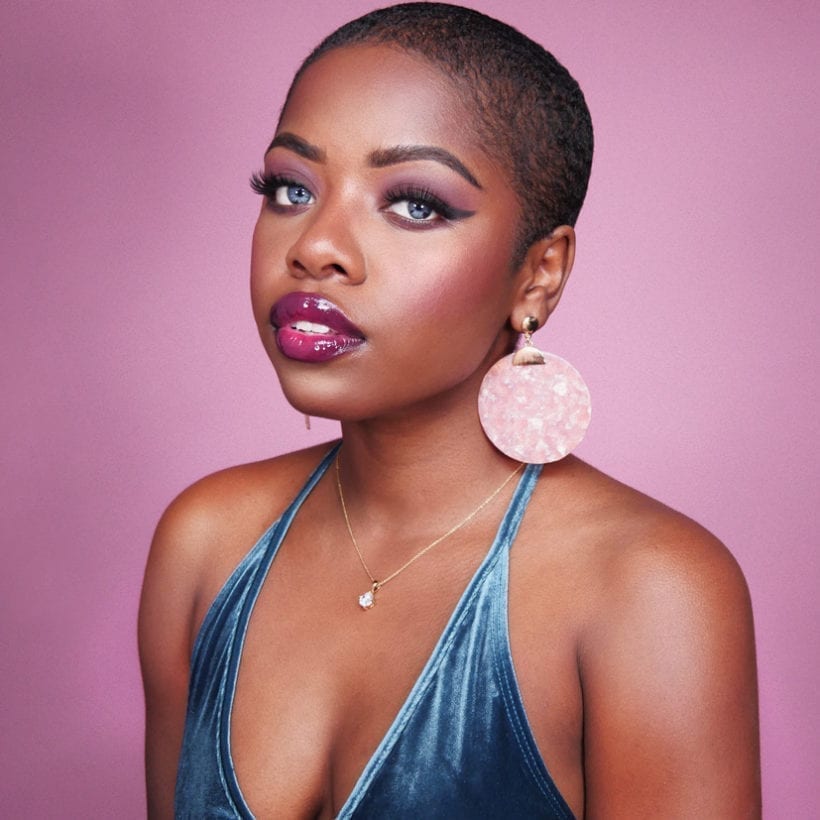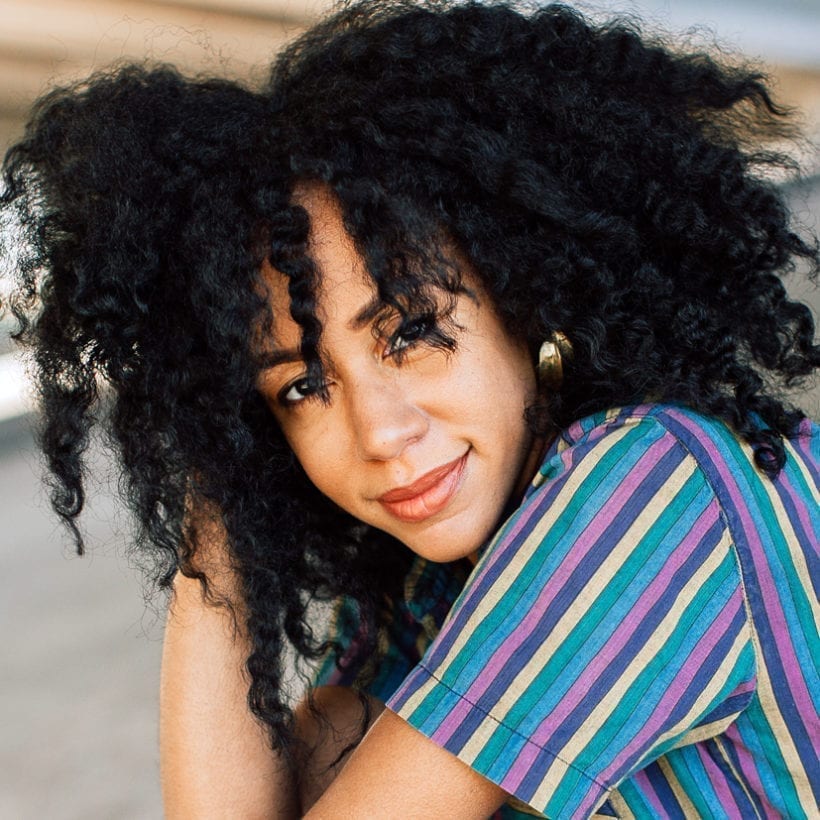A collective awakening to the realization of racism is the first step in the right direction. We all must continue to educate ourselves and the people around us to confront our biases (unconscious or otherwise) and to fight the daily microaggressions POC face, specifically the Black community. So we asked 6 influential people in the community what resources they recommend for those looking to become more educated about Black experiences in America, as education is key and we have much to learn and unlearn.
Melody, Beauty and Lifestyle Influencer
If you are looking to better understanding the Black Lives Matter movement, specifically the rallying cry against police brutality, I recommend carving out 100 minutes to watch Ava Duvernay’s award-winning documentary 13th (currently available for free on Netflix). It’s a crash course on the history of policing and prisons in this country after the passing of the Constitution’s 13th Amendment. The film connects the dots between the abolishment of slavery and the mass incarceration of Black Americans as we know it today. While the amendment ended involuntary servitude, there was one notable exception: penal labor. This “loophole” was exploited by states and used to force freed slaves back into servitude. An extensive list of scholars, commentators, and history makers are featured as the film details how incarceration rates have soared, documenting the parallels with increased criminalization and disenfranchisement of Black Americans. Spoiler alert — the film opens with the startling statistic that the U.S. makes up only 5 percent of the global population but accounts for 25 percent of the world’s prisoners, which begs the question, why? Ava Duvernay’s 13th answers that question and how it has fueled the Black Lives Matter movement’s demand for change.
Ehlie Luna, Recording Artist
It’s a strange feeling to actually have time and space to process feelings that were never really discussed. It’s always felt a bit like being a ghost in certain spaces sometimes, in that unless you’re sharing the experience, what we’re navigating is completely invisible. The first book that came to mind is Too Heavy a Yoke: Black Women & The Burden of Strength. The first movie that came to mind is When They See Us. Also, I learned about Robin DiAngelo, author of White Fragility, What Does it Mean to be White and Is Everyone Really Equal recently via YouTube.
Hana Nagel, Founder of WILD FANG HOME
While I sell vintage home decor online, my full-time job is in tech as a user experience design researcher. I help software engineers and AI research scientists develop AI models and products with the end-user in mind. As a queer Black woman in tech, I am keenly aware that the racial makeup in tech is deeply misaligned. I know how these tech solutions can skew towards white, straight users. As we move towards a world that is increasingly influenced by technology, I am impassioned to teach people how technology – and especially the data that powers these systems – is shaped by institutionalized racism. Amazon committed to stop selling facial recognition technology to the police for one year. Microsoft committed to stop selling facial recognition to police indefinitely. Tech companies know the potentially deadly impact their products can have on Black people and other marginalized communities. I hope to be a part of developing AI solutions that help all people flourish in their communities. When I was preparing this talk for the Joint Futures conference last September in Helsinki, I hesitated to speak about Tamir Rice’s murder in a design and technology-focused talk. My mentor told me, “say his name. When they give you a platform, never shut up.” Tamir Rice’s name still needs to be spoken because the cop who murdered the 12-year-old on a playground while he was playing was just rehired to the force. This is systemic racism at work. You can watch my talk by clicking this link.
Onyi Moss, Lifestyle Influencer
Who Killed Malcolm X on Netflix is a documentary that gives an insight as to how far back police brutality dates. Trial by The Media – 41 Shots is a good example of how police assume the worst of Black men even when they’re stood in front of their own home which is meant to be a safe place. The Innocence Files, also on Netflix, shows how Black men and POC have been wrongly incarcerated and the difficulties they face seeking to correct the mistakes of the system. Little Fires Everywhere is a show that has done a great job of depicting white privilege. Michelle Obama’s Becoming documentary shows how when a Black woman is seen to be educated, smart and willful, she’s deemed a threat and must be vilified. Hollywood is an example of how the world refuses to let Black people be seen or heard because they’ve convinced themselves society isn’t ready to accept them.
Lesley Thornton, Founder of KLUR
I naturally gravitate toward documentaries or workshops as a resource for my own self-education. Other people who want to pursue information about the Black experience and race relations in general, can start with learning about the past. Self-education on these topics is incredibly important because Black history has never been properly taught nor is it mandatory in most educational systems.
Film: 13th on Netflix.
Lectures: The work of Dr. Joy DeGruy, her lectures and workshops are free on YouTube.
Book recommendation: White Fragility: Why It’s So Hard for White People to Talk About Racism.
DeAnna Rivers, Style Blogger
I love to learn through documentaries and that style of the film is one of my favorites to watch. As the Black Lives Matter movement continues to grow my suggestion would be to watch When They See Us and 13th. These films are both on Netflix and give you a true understanding of the injustice that African Americans face on a daily basis. Please continue to do the work to educate yourselves even after the hype on social media begins to die down.
